- How Much Weight Can You Realistically Lose in 3 Months? - January 14, 2024
- How To Lose 1kg a Week (Guaranteed) - August 20, 2023
- How To Count Calories (or Estimate) and Stay on Track When Eating Out at Restaurants - July 25, 2023
In September 2020, the UK government announced it would be rolling out a free soup and shake diet for people in certain towns and cities suffering from Type 2 Diabetes.
This is largely motivated by the covid-19 pandemic, because overweight people are at a far greater risk of dying of the disease (as is the case with many other diseases).
The government seem to be using the risk of covid-19 to scaremonger; ‘there’s never been a worse time to be overweight’.
Of course, being overweight or obese is a risk covid-19 or not.
What Is The Soup and Shake Diet?
The Soup and Shake consists of, you guessed it, a mix of ‘very low calorie’ soups and weight loss shakes for three months.
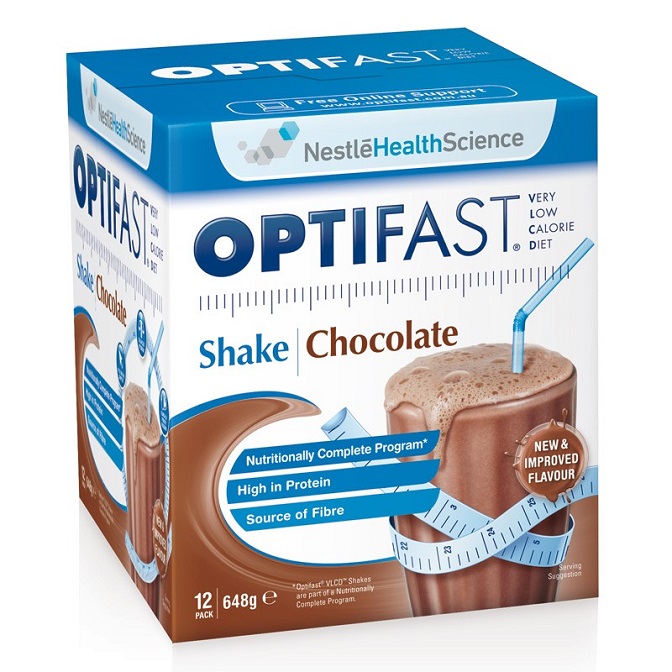
What is the definition of ‘very low calorie’? According the NHS, ‘about 800 calories a day’ ’
Macronutrient breakdowns aren’t mentioned, but I’d expect the’re ‘nutritionally balanced’, i.e. they contain a blend of protein, carbs and fat.
There are no specific details from the NHS about what flavours of shake and types of soup are on offer, but you can bet that the shakes are quite watery owing to the likely low fat content
Does it Work?
Yes. But any diet will work if it creates a calorie deficit over a long period of time (a state where you’re burning more calories than you eat).
At 800 calories per day, this diet contains significantly less calories than any adult male or female would expend in a day (even if they sat down all day in front of the TV), so there’s no question about the potential efficacy; the more pertinent question is, can people adhere to it?
So what does the science say?
The British Medical Journal reports on a study carried out on 278 obese adults, half of whom were put on the Soup and Shake Diet (810 kcals per day) and half of whom received ‘usual care’ i.e. “behavioural support for weight loss from a practice nurse and a diet programme with modest energy restriction”
The first thing to mention is that there’s little point in assessing the differences between the two groups because they weren’t eating the same amount of calories, but it’s still useful to look at the Soup and Shake Diet in isolation.
The results were unsurprisingly that, the Soup and Shake group;
“ lost more weight (−10.7 kg) than those in the usual care group (−3.1 kg): adjusted mean difference −7.2 kg (95% confidence interval −9.4 to −4.9 kg). 45% of participants in the TDR group and 15% in the usual care group experienced weight losses of 10% or more”
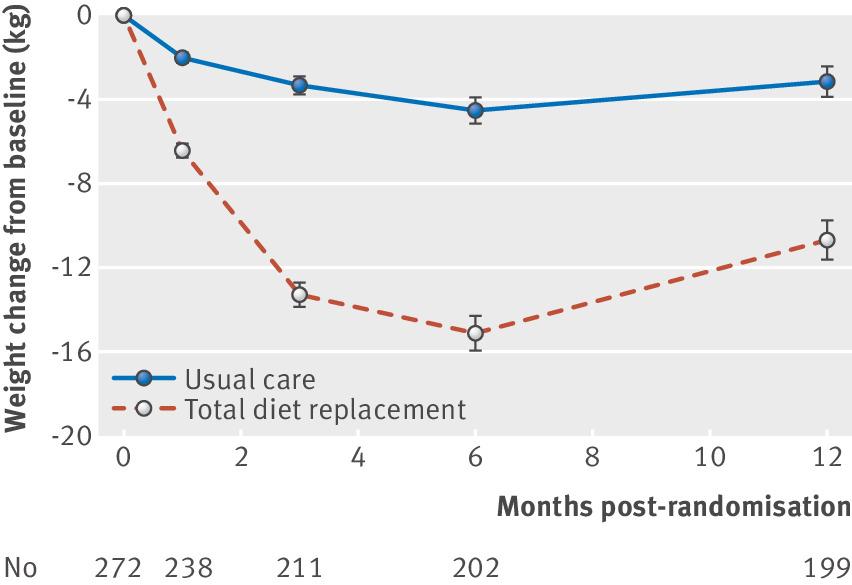
The graph shows how much weight the Soup and Shake group lost over a 12 month period. The initial drop is of course encouraging, what’s worrying, however, is the slow and steady weight regain that we can see from month 6 (more on that later) – also notice how the patients on the Soup and Shake diet regained weight more quickly than the behavioural intervention group.
What’s Good About the Diet?
Easy to follow
The Soup and Shake diet is highly prescriptive (i.e) you’re told what to eat and when; you’re even given all the food, so there’s absolutely no confusion – for some people this a huge advantage because they don’t have to expend any mental energy thinking about different, creative meals to make every day.
Satiating
The diet is also likely to be very filling, given that both soups and shakes have a high liquid content (which takes up room in the stomach).
Convenient
Soups and shakes are also highly portable, meaning they can be taken to the office, other people’s houses or on days out or holidays. All you’re likely to need is water (to make the shakes) and a kettle or microwave to make the soups.
Finally, both Soups and Shakes take very little time to consume, making them great for busy people that are always on the go.
Protein is controlled
Although I’ve no seen the exact macronutrient breakdown, meal replacement shakes issued by the NHS usually contain a decent hit of protein. This means that people on the diet will likely be getting enough protein to at least maintain their muscle mass throughout the dieting period
Muscle mass is important because the higher ratio of the muscle vs fat you have, the higher your metabolism will be. Muscle mass also makes you look good, and dieters will be further motivated if they start to like what they see in the mirror.
And the Downsides?
Highly Restrictive
While structured, prescriptive diets might work for some, for other people, they’re a recipe for failure. Why? Because the Soup and Shake Diet means three months of no Alcohol, Takeaways, Meals out or Barbeques which for many people, forms the basis of their social life. Avoiding all these things for what is effectively a quarter of a year is step too far for many people, and simply not sustainable.
Lack of Variety
There some prescriptive, meal-plan based diets out there that do offer variety, with dozens or even hundreds of meals and snacks to chose from. The Soup and Shakel diet effectively limits dieters to two foods (no prizes for guessing what), albeit in a variety of flavours.
How Much Weight Could You Expect to Lose?
Let’s say you’re a 50 year old male who’s. around 5ft 9 with a sedentary lifestyle (e.g. an office job, and no exercise).
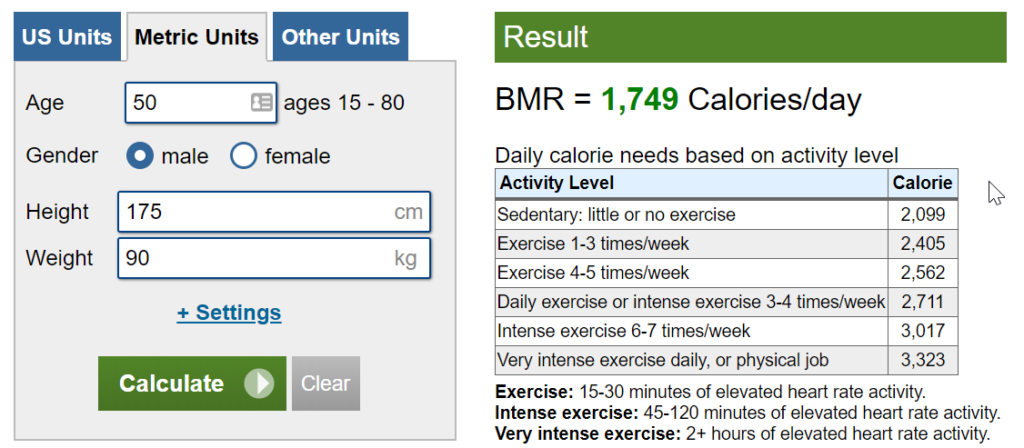
You’re going to be burning around 2000 calories per day (yes, even if you just sit there doing nothing).
This means that, if you did the Soup and Shake Diet every religiously, you’d be on 800 calories per day, meaning you’d be burning off about 1600 calories more than you were taking in. If 3500 calories is roughly equal to a pound of weight, this means that in total, over 90 days (3 months) you’d be in a deficit of roughly 144,000 calories, which would result in about 41lbs of weight loss (19Kg, or 3 Stone).
Of course, if you added in some exercise, you’d lose more weight.
The Big Problem
The problem with the Soup and Shake Diet is one that is shared with many highly prescriptive (i.e. restrictive) diets;
It Isn’t sustainable.
What do I mean by sustainable? You couldn’t do it for the rest of your life.
The other issue is that it doesn’t teach you how to lose weight sustainably. Inevitably, most people that do the diet, even if they are initially successful, will gain back some of, if not all of the weight they lost (and maybe more) because they’ll go back to eating the way they did before they were on Soup and Shake.
So what’s the solution?
Learn how to lose weight sustainably in the first place; i.e. in a way that allows you to eat the foods you love occasionally, and in a way that still allows you to go out and socialise.
Tracking calories is one way of doing this, working with an online weight loss coach is another. Restrictive diets are great for producing quick, short term weight loss, but they aren’t good at keeping the weight off long term, ideally forever, which is what we all want.
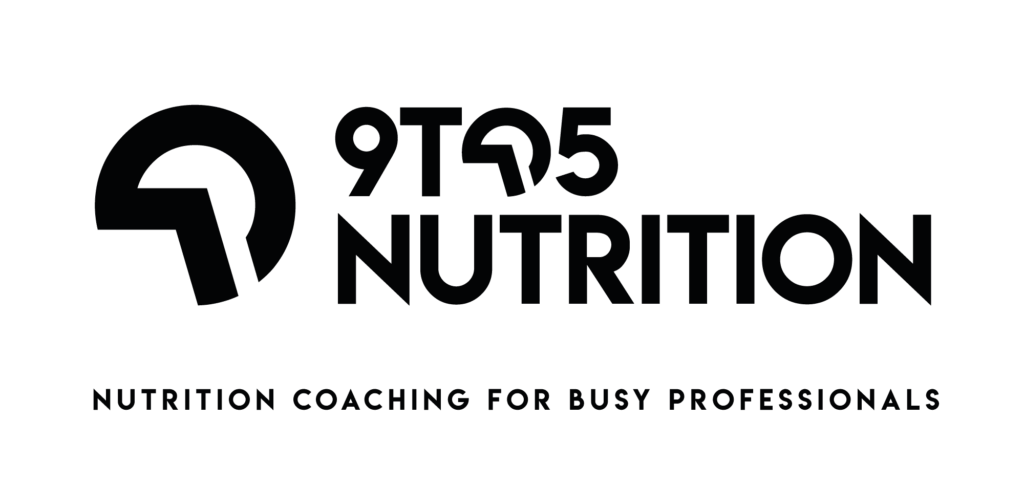
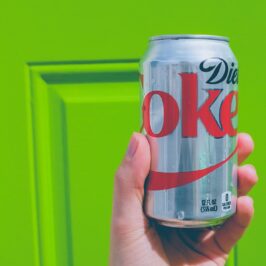
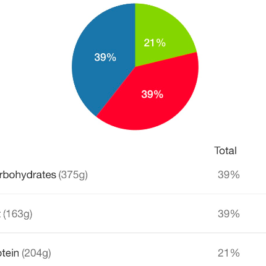
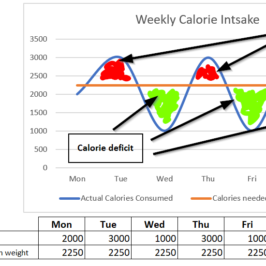
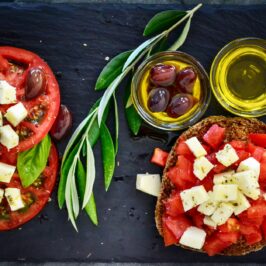
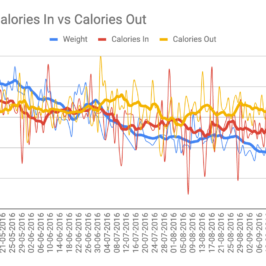
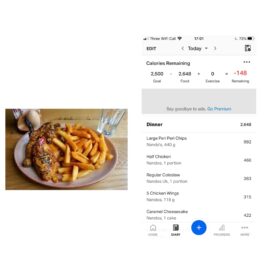
Leave a Reply